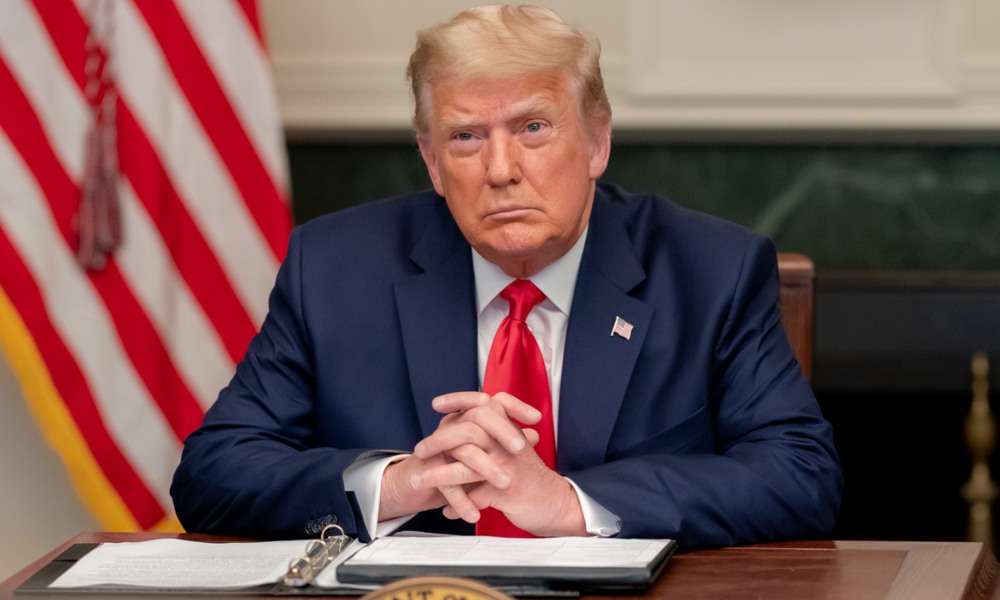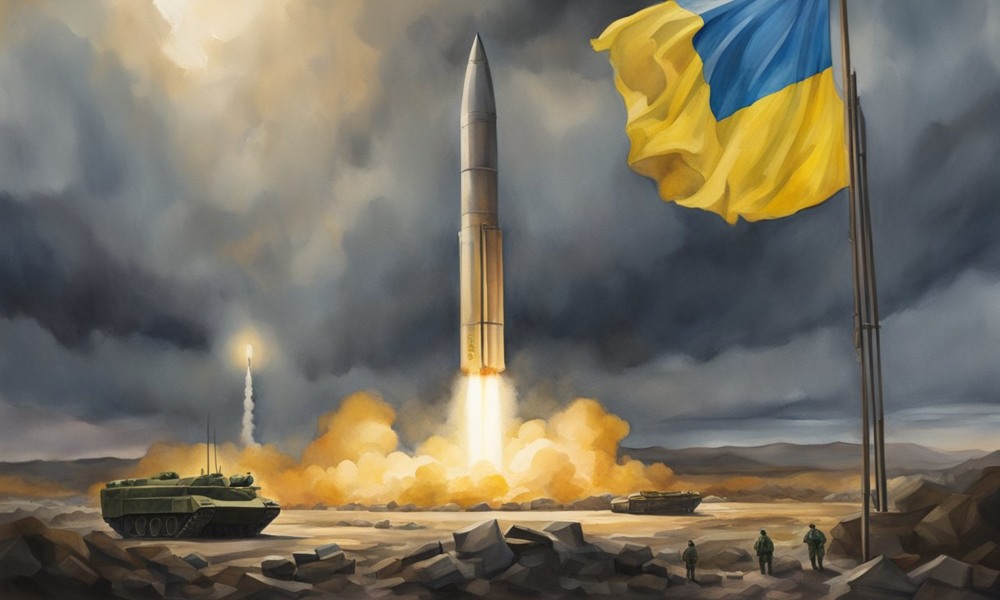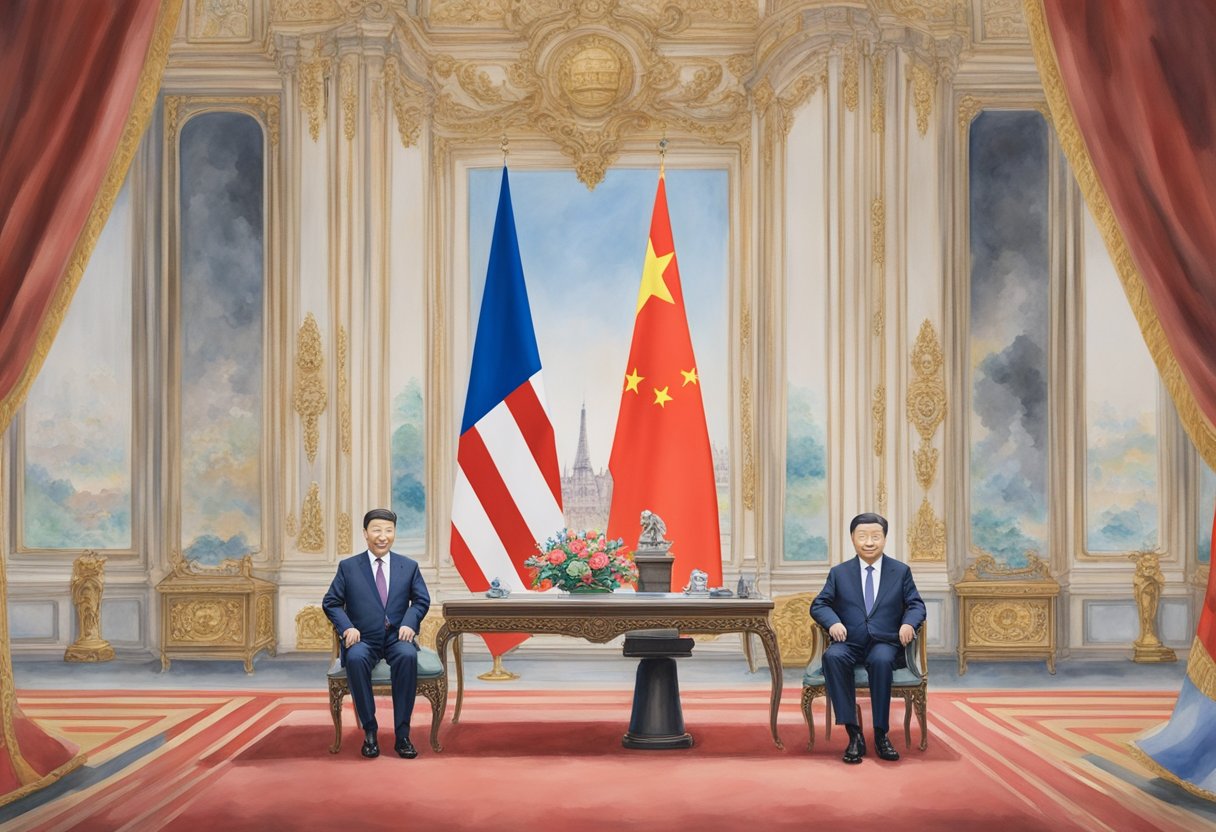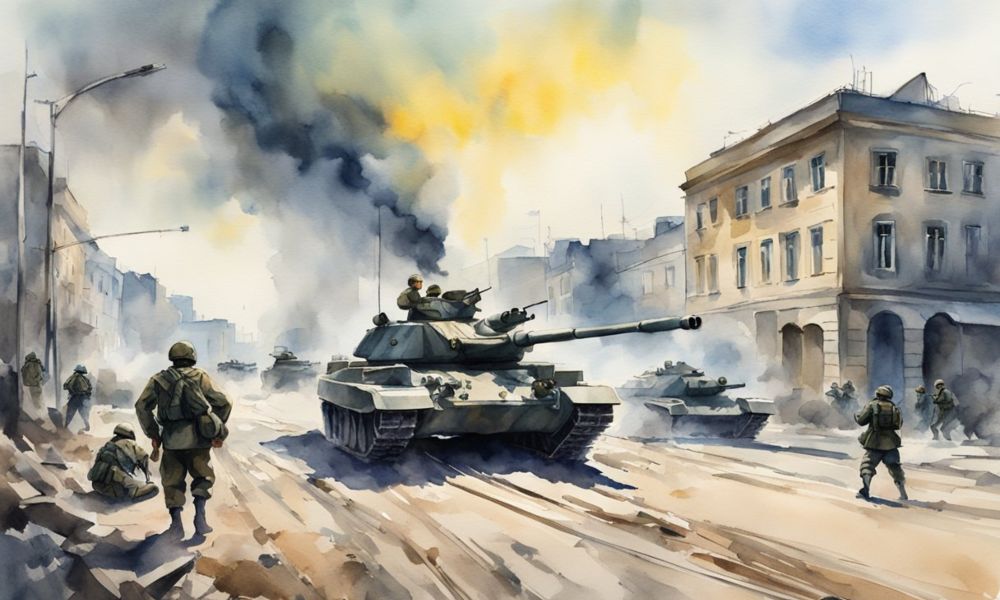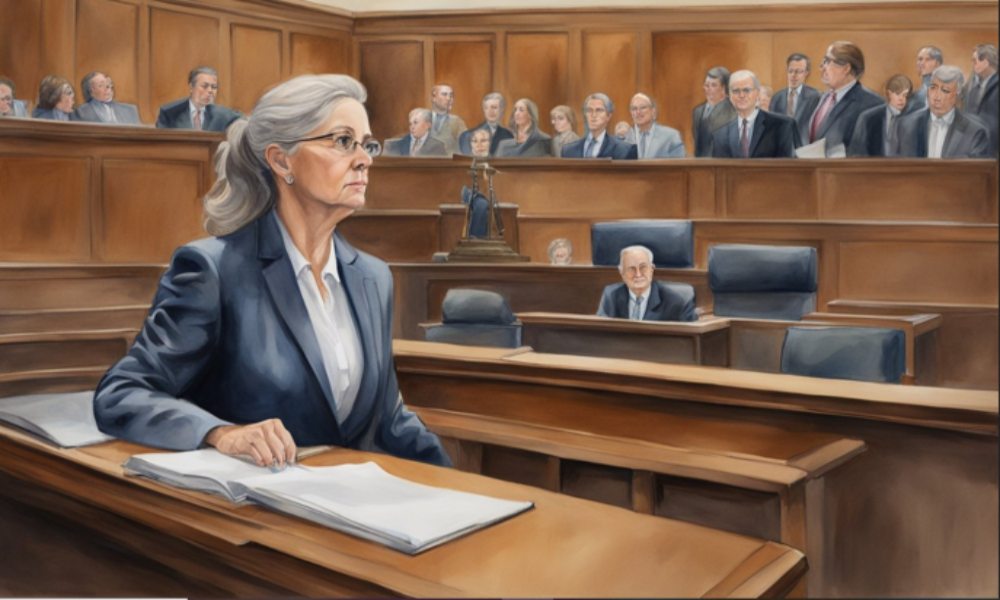What happened when the top leaders of China and France got together? Here are the key points:
- They talked about the war in Ukraine and trying to make peace
- China promised not to sell weapons to Russia, but actions matter more than words
- They discussed trade issues like French concerns over Chinese electric car subsidies
- There are reports of rising Chinese espionage and hacking against European countries
Does China want to help end the Ukraine war? Or are they still siding with Russia? Let’s take a closer look.
Talking Ukraine, But Far Apart on Peace
The leaders said they wanted peace in Ukraine but disagreed on how to get there. China’s Xi reiterated that all sides’ “legitimate security concerns” must be respected.
However, this idea that Russia has legitimate security reasons for invading is “unacceptable” to Ukraine and European nations. They see Russia as the clear aggressor.
Rumours of Xi having a potential peace plan circulated, but experts say those seem “far-fetched” given the vastly different positions. For months, China has pushed for the West to stop sending weapons to Ukraine as a condition for peace talks. That is extremely unlikely to happen.
Promises on Weapons Sales and Exports
Macron welcomed China’s stated commitment not to sell weapons to Russia. He also cited a pledge to control exports of “dual-use” civilian goods like microchips that could have military applications.
But the article notes, “there’s a big difference between a commitment and actually following through.” China has been accused of sending dual-use technology like circuit boards and satellite imagery that ends up in Russian weapons used against Ukraine.
The experts say the “proof will be in the pudding” when it comes to China’s export controls. Macron himself admitted that seeking similar assurances from Xi before didn’t materialize.
Trade Tensions on Electric Vehicles
Trade was another hot topic, especially Europe’s investigation into potentially illegal Chinese subsidies for electric vehicle makers. France wants to impose penalties but also attract Chinese EV factories.
This highlights how France and industrial giant Germany are “pulling in opposite directions” on China. Germany prioritizes its close economic ties, while France takes a “tougher stance” that experts jokingly call “more French.”
Rising Cybersecurity Threats and Espionage
Outside of the Xi-Macron meeting, cyber threats posed by China are a growing worry. The article cites a suspected Chinese hack of the UK military payroll system as “embarrassing” but part of a “ratcheting up” trend.
It details arrests across Europe of alleged Chinese spies, including a German politician’s assistant last month. High-profile figures like former Belgian leaders also allegedly had phones hacked by Beijing’s intelligence agencies.
The article notes “there’s a big uptick” in such cases and questions “what the Western authorities are going to do about it.”
The Bigger Picture
The talks showcased China’s balancing act between Russia and the West over Ukraine. Beijing voiced hopes for peace but remains firmly aligned with Moscow for now.
Actions like restricting military exports to Russia will prove more meaningful than promises alone. And European concerns are rising over economic threats like subsidies and security threats like espionage.
So, while the diplomacy continues, apparent tensions and distrust remain between China and its sceptical partners in Europe and beyond. Only time will tell if deeds can match words on the world stage.
